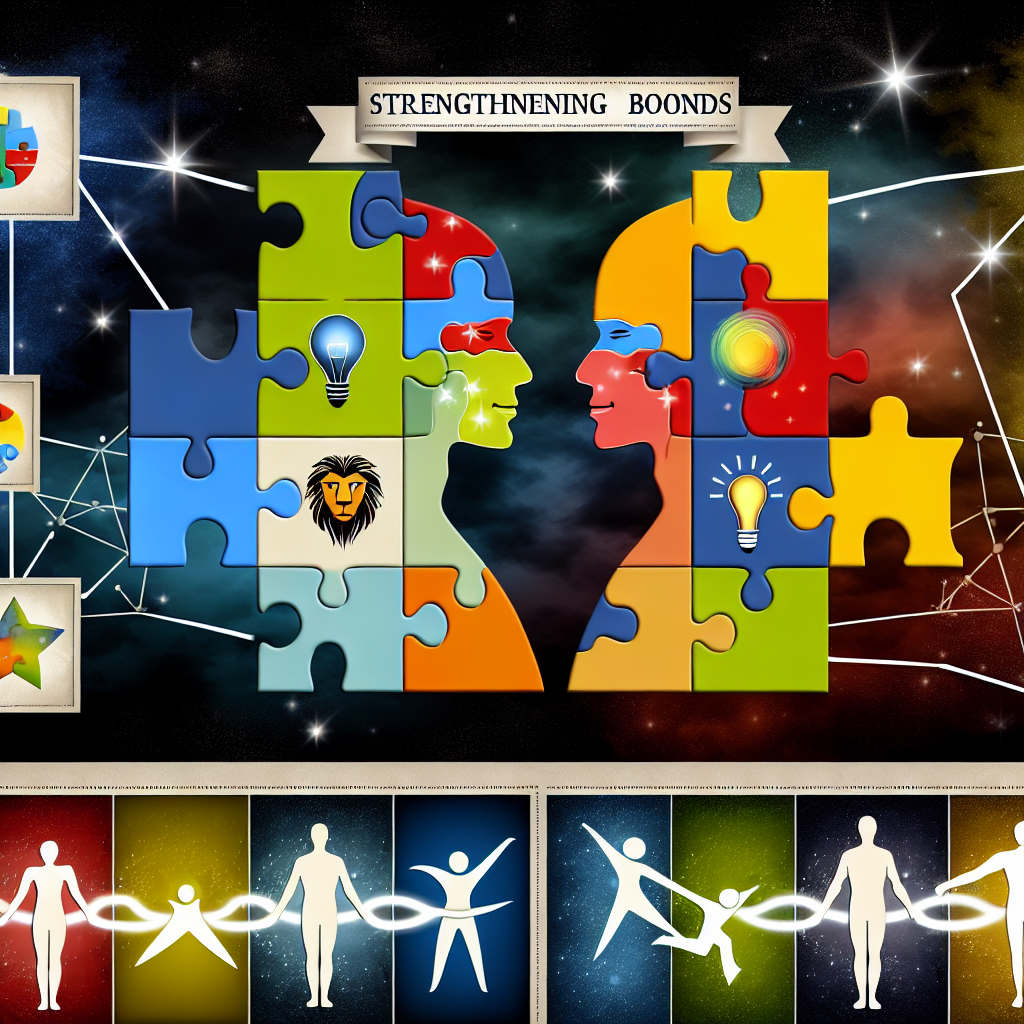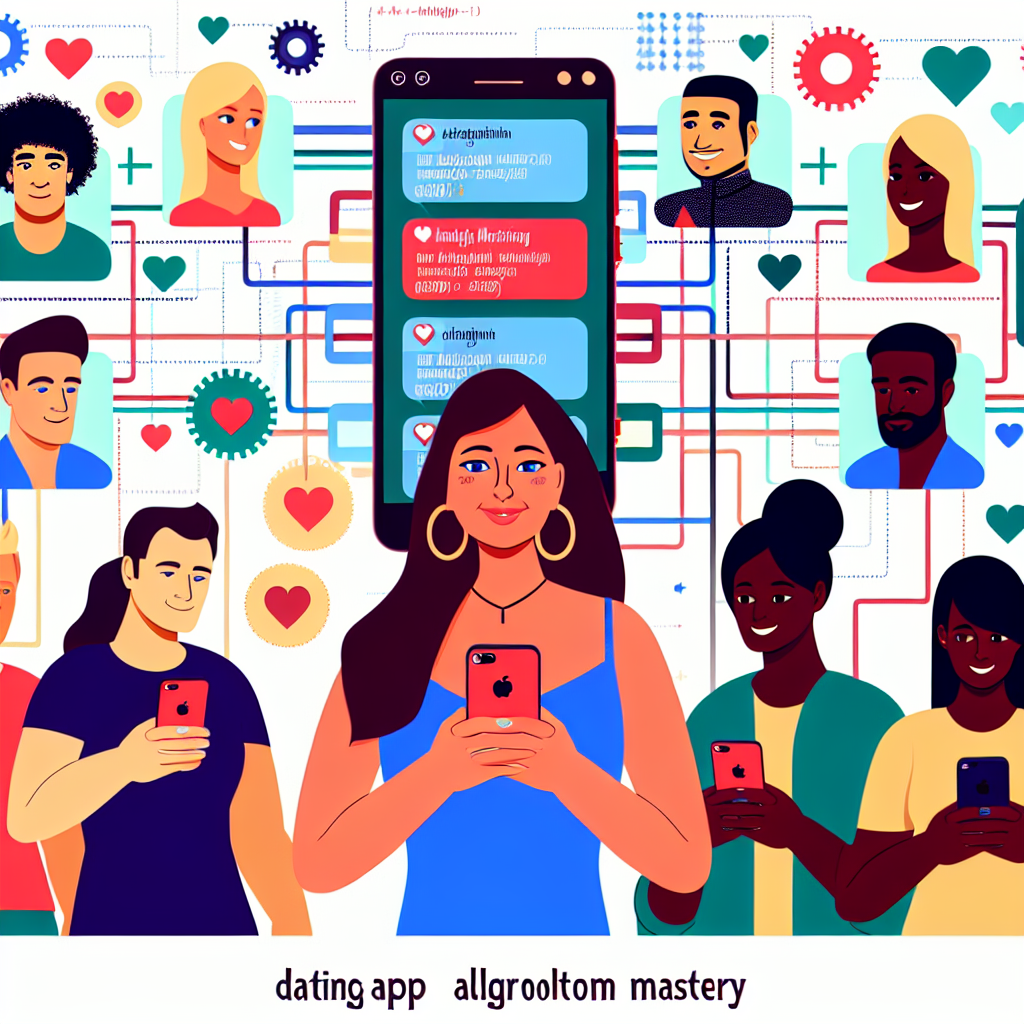When Traditions Clash: Celebrating Holidays in Cross-Cultural Relationships
Love Without Borders, Holidays With Boundaries
Love knows no boundaries—but the holiday season often does. For dating singles navigating cross-cultural relationships, celebrations can be enlightening yet complicated. With millions of people connecting globally thanks to dating apps and travel, cross-cultural unions are more common than ever. According to Pew Research Center, interracial and intercultural dating and marriages have been steadily rising, especially among millennials and Gen Z.
While this diversity enriches relationships with beautiful layers of culture, spirituality, and traditions, it also introduces unique stressors—especially during the most emotionally charged time of the year: the holidays.
Whether it’s Christmas, Hanukkah, Ramadan, Diwali, Lunar New Year, or Thanksgiving, holidays often come loaded with expectations. These traditions don’t just signify festivity—they reflect deep-rooted values, identities, and family histories. Navigating a season where each partner may come from a wildly different holiday paradigm can be both rewarding and challenging.
Imagine a Muslim-Christian couple trying to balance fasting during Ramadan with festive Christmas dinners, or a Chinese-American couple balancing Chinese New Year customs with modern Western Valentine’s Day plans. These aren’t just scheduling conflicts; they’re emotional and cultural negotiations that touch on food, religion, family roles, and symbolic practices. Many dating singles, especially those still building a foundation, worry about “getting it right.” Questions like, “Will my family accept their traditions?” or “How do I participate in something I don’t believe in, without offending anyone?” are common.
Moreover, December and early January are peak times for family introductions—a step that can add pressure in culturally diverse relationships. Add to that potential language barriers, different etiquette norms, and clashing celebration styles (quiet spiritual reflection vs. loud, festive parties), and the season can become more overwhelming than joyful.
However, when managed with understanding, respect, and curiosity, these clashes can transform into connections. Cross-cultural couples report that successfully navigating holiday traditions leads to stronger emotional intimacy, richer shared experiences, and increased cultural competence. Being intentional, communicative, and open to compromise can make the holidays a powerful bonding opportunity rather than a point of contention.
Bridging the Gap: The Psychology Behind Holiday Clashes
Experts in cultural psychology and relationships have studied how multicultural couples manage these intersections and what strategies lead to harmony rather than friction.
A joint study from the University of Chicago and Stanford University found that couples who maintain open dialogue about their backgrounds and proactively plan for cultural differences show higher relationship satisfaction during the holiday season. Discussing expectations in advance—what holidays are important, what rituals are non-negotiables, and how each partner feels about blending traditions—helps prevent misunderstandings and emotional fatigue.
A 2020 article in the Journal of Cross-Cultural Psychology emphasizes the concept of “biculturalism” in relationships—the ability for individuals to adapt to and participate in multiple cultural norms. Those who actively engage in their partner’s customs and communicate their learning process demonstrate increased empathy and relational resilience. This adaptive behavior is particularly relevant during the holidays when cultural expressions are amplified.
From a clinical standpoint, integrating both partners’ traditions helps avoid “cultural invalidation,” a psychological stressor that arises when one’s beliefs or customs are ignored or dismissed. According to Dr. Helen Fisher, a biological anthropologist and senior research fellow at the Kinsey Institute, honoring both partners’ traditions—even in small ways—can strengthen neural pathways associated with bonding, trust, and empathy.
Unpacking Holiday Stress: Why It’s More Than Just Planning
The American Psychological Association links holiday stress to unresolved family tension around cultural expectations. This is especially true for couples involving immigrant backgrounds, where one partner may feel torn between assimilation and cultural preservation. In such situations, mutual planning becomes key.
A simple act—like learning to cook a traditional dish from your partner’s heritage, attending a multicultural event, or even combining holiday décor—can symbolize respect and unity, reducing relationship stress. These acts show genuine interest and build a foundation of inclusion.
Holiday stress also tends to spike when couples avoid difficult conversations. Being proactive in addressing potential pressure points (What gifts are appropriate? Should religion be involved? Who hosts?) can prevent conflicts before they begin.
Love in Translation: Co-Creating Holiday Traditions
Interestingly, many couples report creating their own unique hybrid traditions. Imagine a Thanksgiving dinner featuring samosas and sake, or a New Year’s Eve that includes both the Gregorian countdown and traditional Lunar New Year activities. These blended customs represent more than compromise—they reflect the evolution of two cultures into one personal love language.
Customizing the holidays allows couples to eliminate the need to “choose” whose tradition dominates. Instead, they can co-build something that equally honors both backgrounds. This co-creation process strengthens emotional intimacy and instills a sense of teamwork.
Digital dating platforms are catching on to this trend. Apps like HitchMe report increases in singles including phrases such as “interested in learning other traditions” and “multicultural lifestyle” in their profiles. This shift reflects modern dating values—singles are looking for emotional intelligence, curiosity, and inclusiveness.
Navigating the Season: Tips for Cross-Cultural Holiday Harmony
Not sure how to honor both your and your partner’s backgrounds this holiday season? Here are some tried-and-true tips for dating singles:
– Start the Conversation Early: Give yourselves time to plan by discussing holiday expectations ahead of time.
– Ask, Don’t Assume: Learn directly from your partner about the significance of their holiday rituals. Don’t rely solely on Google.
– Participate Authentically: Even if you don’t identify with a tradition, being present and curious shows respect.
– Balance Time and Space: Split holidays or alternate them each year to avoid resentment.
– Create Something New: Invent hybrid traditions together that reflect your unique relationship.
– Involve Families Gradually: Ease families into your multicultural celebration style with invitations, stories, or small gestures.
Conclusion: When Two Worlds Create One Loving Holiday
Cross-cultural relationships offer an enriching world of love, learning, and growth—but the holidays can magnify both the beauty and the complexity of these unions. By investing in open dialogue, participating in deliberate cultural exchange, and co-creating meaningful rituals, dating couples can transcend tradition clashes and build a shared future rooted in empathy and joy.
In a global dating world, love isn’t about choosing between values—it’s about honoring both.
Concise Summary:
Cross-cultural relationships offer a beautiful and complex world of love, learning, and growth. However, navigating holiday traditions can be challenging. By investing in open dialogue, participating in cultural exchange, and co-creating meaningful rituals, dating couples can transcend tradition clashes and build a shared future rooted in empathy and joy.

Dominic E. is a passionate filmmaker navigating the exciting intersection of art and science. By day, he delves into the complexities of the human body as a full-time medical writer, meticulously translating intricate medical concepts into accessible and engaging narratives. By night, he explores the boundless realm of cinematic storytelling, crafting narratives that evoke emotion and challenge perspectives. Film Student and Full-time Medical Writer for ContentVendor.com



